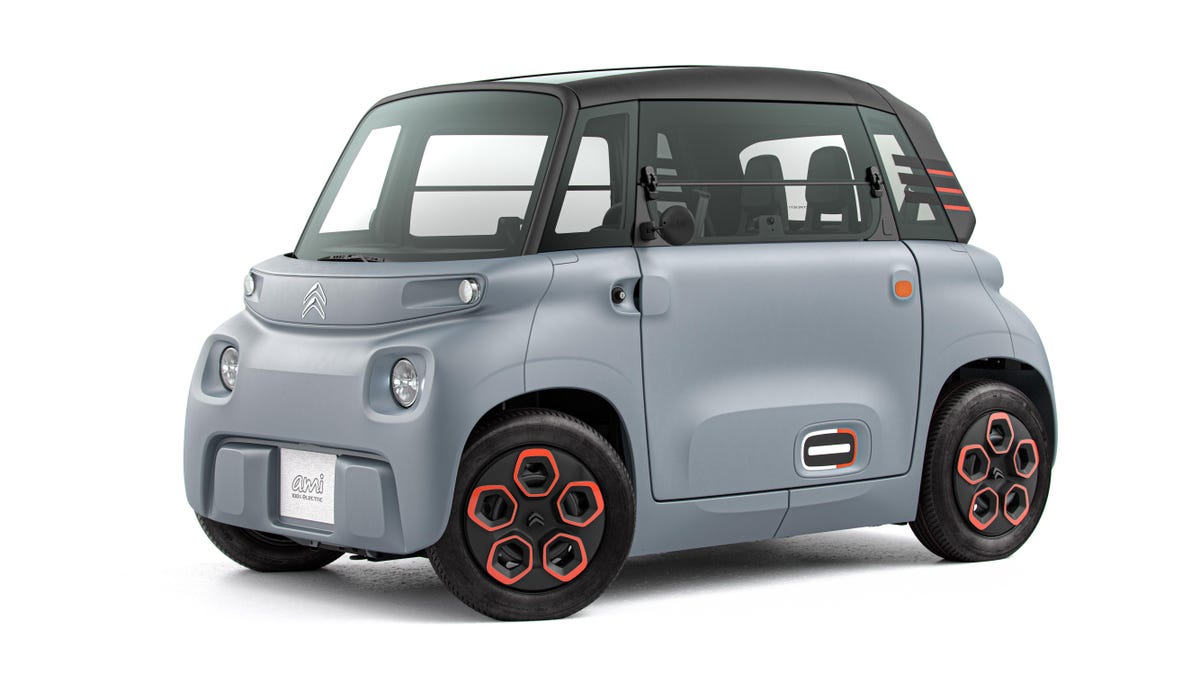Electric cars are becoming increasingly popular as people look for more environmentally friendly transportation options. If you’re new to the world of electric cars, you might be wondering how they work. In this beginner’s guide, we’ll explain the basics of how electric cars work so you can better understand this exciting technology.
Contents
What is an Electric Car?
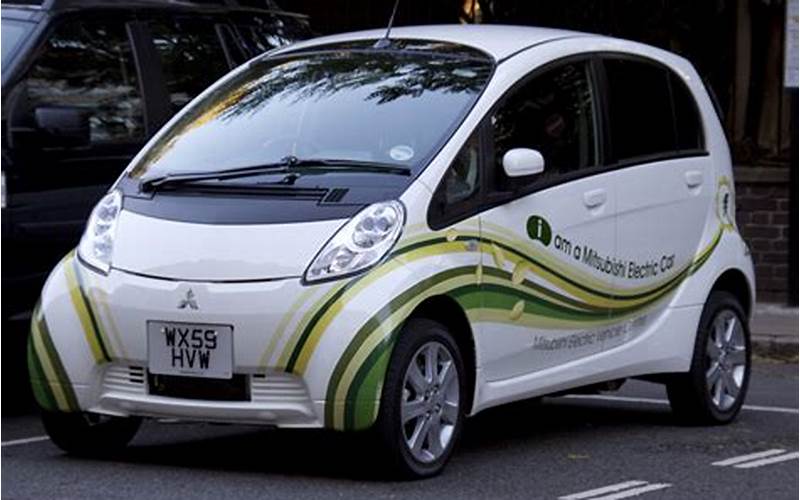
First things first: what exactly is an electric car? An electric car, also known as an EV (electric vehicle), is a vehicle that runs on electricity instead of gasoline or diesel fuel. Electric cars are powered by a rechargeable battery, which provides energy to an electric motor that drives the wheels.
How Do Electric Cars Work?
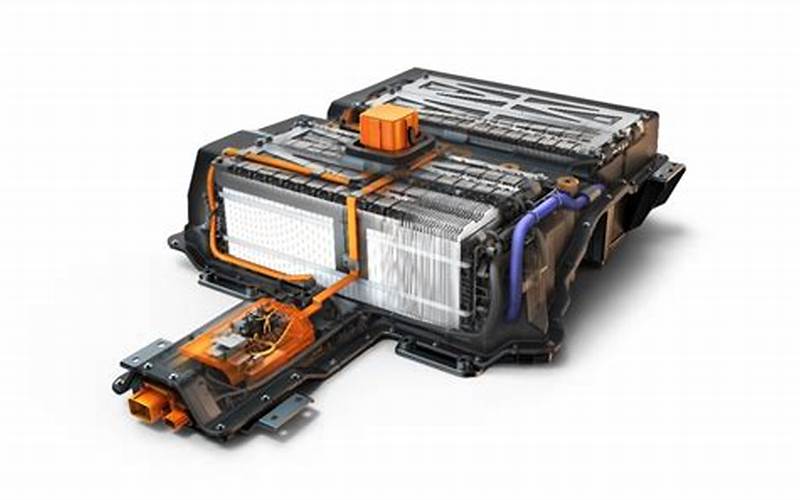
Electric cars work by converting electrical energy from the battery into mechanical energy to power the car. The battery is charged by plugging the car into an electrical outlet or a charging station. When the car is in motion, the electric motor drives the wheels by converting electrical energy back into mechanical energy.
Electric cars have several key components that work together to make them run:
- Battery: The battery is the heart of an electric car. It stores electrical energy that is used to power the car’s motor.
- Electric Motor: The electric motor converts electrical energy from the battery into mechanical energy to drive the car’s wheels.
- Controller: The controller manages the flow of electricity from the battery to the motor.
- Charger: The charger converts AC (alternating current) electricity from the electrical grid into DC (direct current) electricity that can be stored in the car’s battery.
Types of Electric Cars
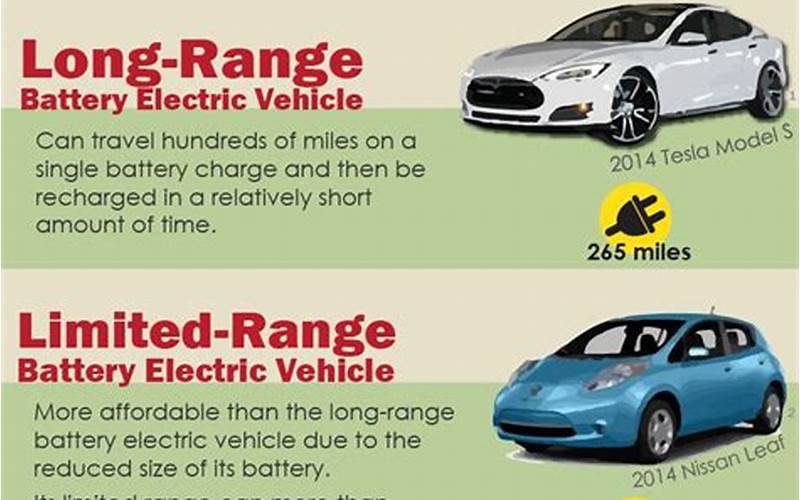
There are several types of electric cars available on the market today:
- Battery Electric Vehicles (BEVs): BEVs are powered solely by a battery and electric motor. They have no internal combustion engine and produce zero emissions.
- Plug-In Hybrid Electric Vehicles (PHEVs): PHEVs have both an electric motor and an internal combustion engine. They can run on electricity alone for a certain distance before switching to gasoline.
- Hybrid Electric Vehicles (HEVs): HEVs have an electric motor and an internal combustion engine, but they cannot be plugged in to recharge. They rely on regenerative braking and the internal combustion engine to recharge the battery.
Advantages of Electric Cars
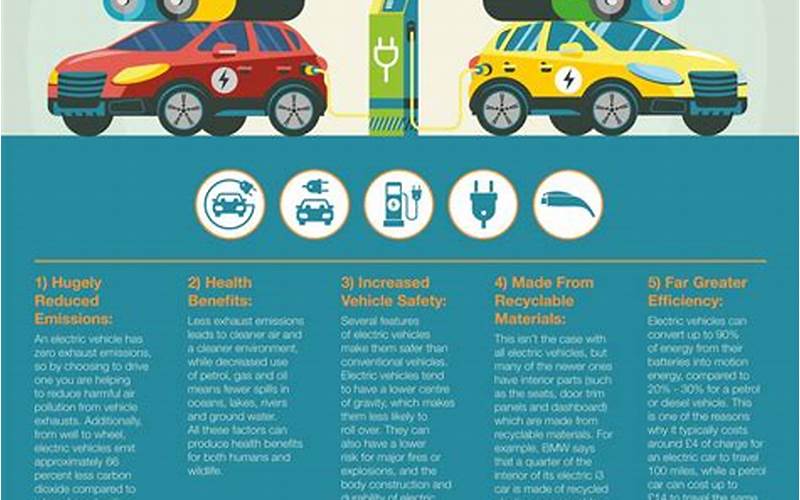
Electric cars offer several advantages over traditional gasoline-powered cars:
- Environmentally Friendly: Electric cars produce zero emissions, making them a cleaner option for the environment.
- Cheap to Operate: Electric cars are cheaper to operate than gasoline-powered cars because electricity is cheaper than gasoline.
- Quiet: Electric cars are much quieter than gasoline-powered cars because they have no internal combustion engine.
- Low Maintenance: Electric cars have fewer moving parts than gasoline-powered cars, which means they require less maintenance.
Challenges of Electric Cars
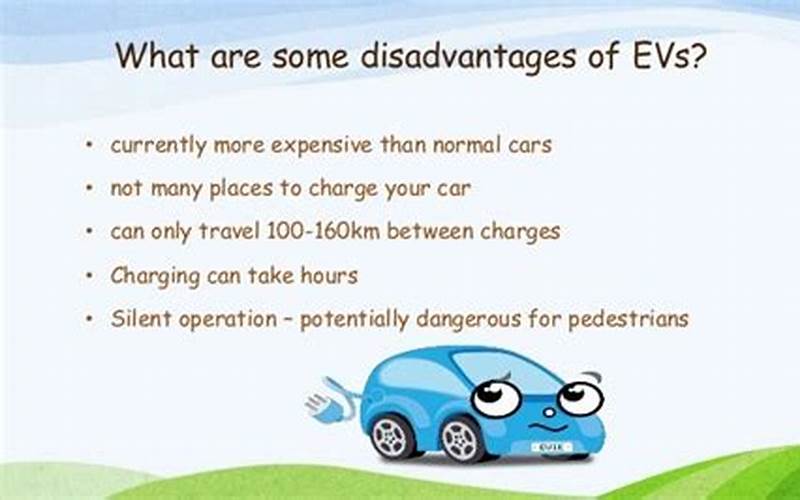
Despite their many advantages, electric cars still face several challenges:
- Range Anxiety: Electric cars have a limited range compared to gasoline-powered cars. This can be a concern for people who need to travel long distances.
- Charging Infrastructure: The charging infrastructure for electric cars is still developing, which can make it difficult to find charging stations in some areas.
- Cost: Electric cars are generally more expensive than gasoline-powered cars, although the cost is decreasing as the technology improves.
Conclusion
Electric cars are an exciting technology that offer many advantages over traditional gasoline-powered cars. They are environmentally friendly, cheap to operate, and require less maintenance. However, they still face several challenges, such as range anxiety and a lack of charging infrastructure. As the technology continues to improve, electric cars are likely to become an increasingly popular option for people looking for a clean and efficient mode of transportation.

